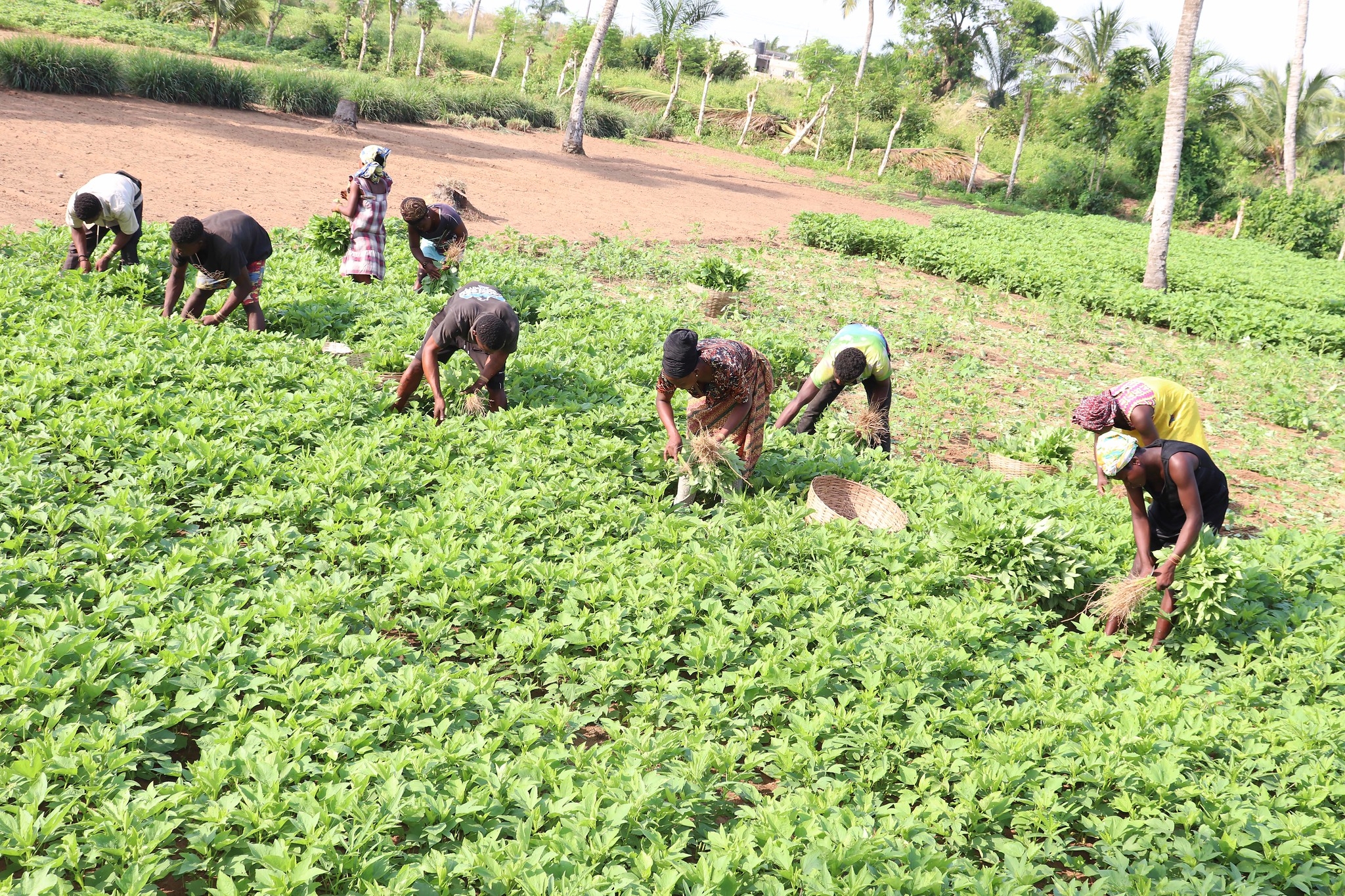
This project aims to build the capacities of sesame and cowpeas value chains' stakeholders to better understand market access requirements, and to improve their practices in pesticide application and hygiene techniques. It will also look at proper recording of production processes and traceability of products to support the transformation of the sector. While there are many interventions needed to strengthen food safety in Nigeria, the area of pesticide management and the system to monitor their safe use is both a priority for domestic consumer safety as well as for access to high value markets.
Two of the main agricultural products identified for economic diversification in Nigeria are sesame and cowpeas given their competitive advantages in producing, processing and exporting. Nigeria is the world's 4th leading producer of sesame and exports to the EU, Türkiye, Japan, South Korea and other Asian markets. In terms of cowpeas, Nigeria is the world's largest producer and consumer of this commodity. While cowpeas are consumed domestically and exported, sesame seeds are mainly destined for exports. Despite their important potential, Nigerian cowpea and sesame exports have faced several border rejections in several destination markets due to non-compliance with international SPS requirements.
This project aims to build the capacities of sesame and cowpeas value chains' stakeholders to better understand market access requirements, and to improve their practices in pesticide application and hygiene techniques. It will also look at proper recording of production processes and traceability of products to support the transformation of the sector. While there are many interventions needed to strengthen food safety in Nigeria , the area of pesticide management and the system to monitor their safe use is both a priority for domestic consumer safety as well as for access to high value markets.
A training of trainers' approach will be used to train local advisers and food safety coaches to leverage the training and capacity building to a larger number of stakeholders and to ensure sustainability of the project. The project will build a pool of 30 local trainers and food safety advisers who will be trained on topics such as Good Agricultural Practices (GAP), Integrated Pest Management (IPM), harvest and post-harvest methods, Good Hygiene Practices (GHP), and food safety systems based on HACCP. The local trainers will subsequently train 300 farmers/producers/processors as final beneficiaries of the cowpeas and sesame value chains.